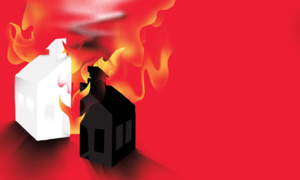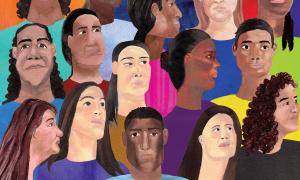article
Let the Freedom Rides Roll Through Your Class
When many students think of buses and desegregation, their minds instantly go to Rosa Parks and the 1954 Montgomery Bus Boycott. But the larger civil rights fight over transportation took place seven years later with the Freedom Rides.

